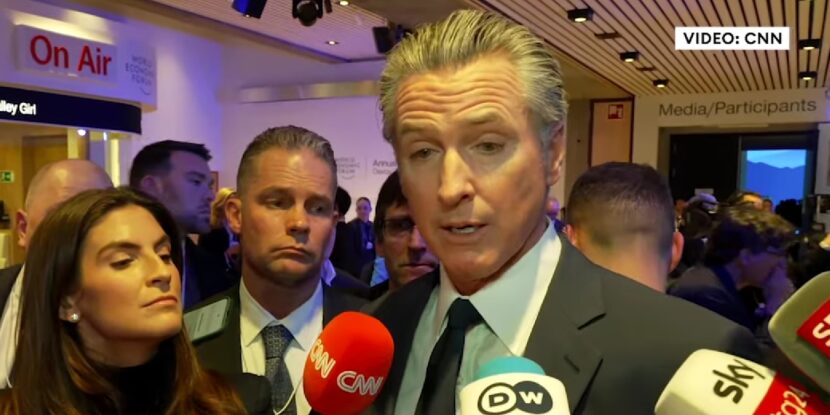PULSE POINTS:
❓What Happened: Three Ukrainian nationals were arrested in Germany and Switzerland over suspicions of plotting parcel bomb attacks on behalf of Russia.
👥 Who’s Involved: The suspects are identified as Vladyslav T., Daniil B., and Yevhen B., allegedly working for Russian state actors.
📍 Where & When: Arrests occurred in Germany on Friday and Saturday, and in Switzerland on Tuesday; the plot dates back to March.
💬 Key Quote: “The goal is to exploit an adversary’s vulnerabilities in multiple areas to create ambiguity,” said Olha Danchenkova, an expert on hybrid warfare.
⚠️ Impact: The arrests highlight ongoing concerns over sabotage and hybrid warfare tactics linked to Russia amid its conflict with Ukraine.
IN FULL:
Three Ukrainian nationals have been apprehended in Germany and Switzerland, accused of conspiring to carry out parcel bomb attacks allegedly at the direction of Russian actors, German prosecutors revealed on Wednesday.
The suspects, identified under German privacy laws as Vladyslav T., Daniil B., and Yevhen B., are believed to have been planning sabotage operations targeting freight transport. According to prosecutors, the men intended to send explosive or incendiary packages from Germany to Ukraine, with the devices set to detonate during transit. Previously, there have been incidents of suspicious fires on air freight planes linked to Russia and Ukraine.
Two of the suspects, Vladyslav T. and Daniil B., were detained in separate locations in Germany last Friday and Saturday, while Yevhen B. was arrested in Switzerland’s Thurgau region on Tuesday. Prosecutors allege that in March, the three men communicated their willingness to carry out attacks to individuals suspected of acting on behalf of Russian state agencies.
As part of the plot, Vladyslav T. reportedly sent two “test packages” fitted with GPS trackers in Cologne at the end of March to assess transport routes. The contents of these packages were allegedly provided by Yevhen B. through Daniil B.
The arrests come as Berlin remains vigilant against potential sabotage efforts linked to Moscow, particularly since Russia’s full-scale invasion of Ukraine in February 2022. Experts have suggested that the alleged parcel bomb scheme represents a form of hybrid warfare, a tactic combining conventional military operations with non-military measures such as disinformation and economic coercion.
“The goal is to exploit an adversary’s vulnerabilities in multiple areas to create ambiguity,” explained Olha Danchenkova, co-founder of the Ukrainian communications agency Calibrated. She noted hybrid warfare often includes cyberattacks, propaganda, and other unconventional tactics to destabilize targets. For instance, Russia is accused of facilitating a flood of African and Middle Eastern migrants into Poland and other European NATO members via its ally Belarus in recent years, to destabilize the European Union (EU).
Ukraine is also accused of conducting sabotage operations in Western Europe, most notably against the Nord Stream gas pipelines, which bypassed Ukrainian territory to supply Russian natural gas directly to Germany.




















